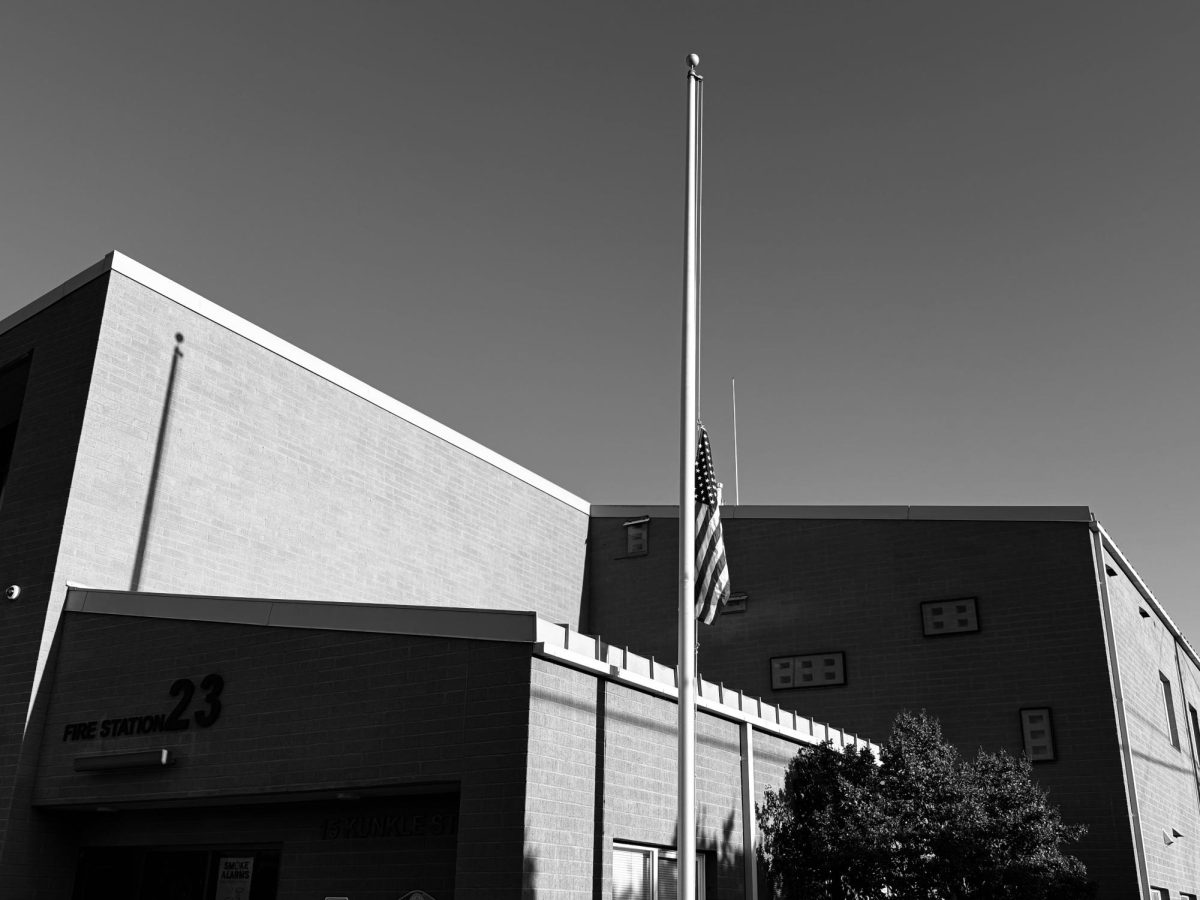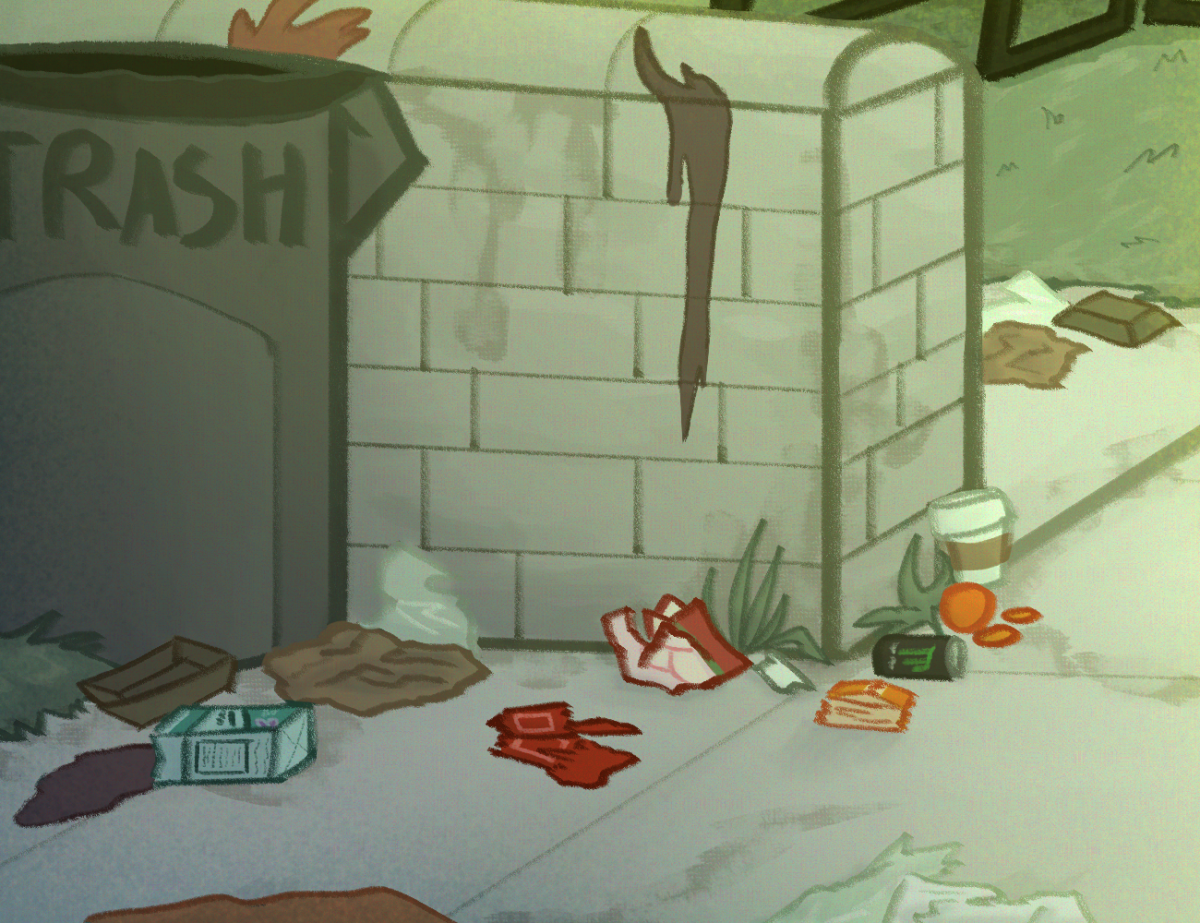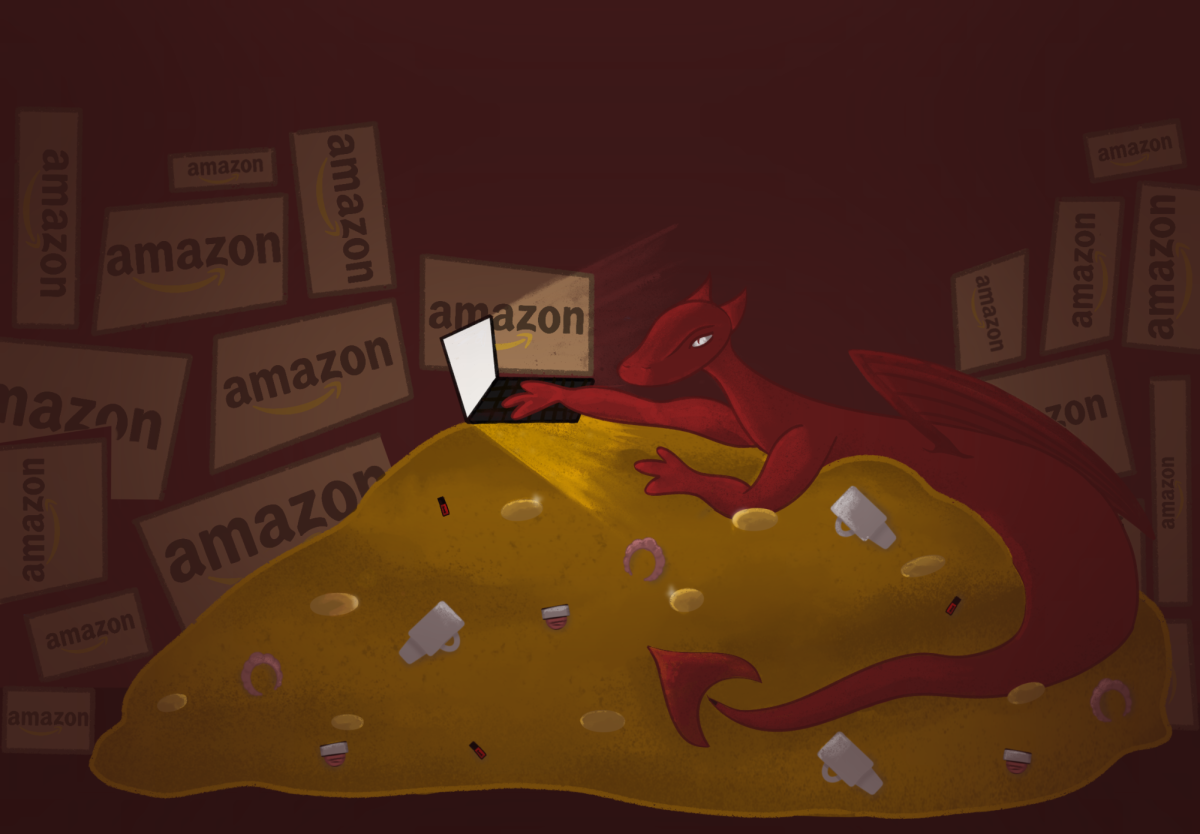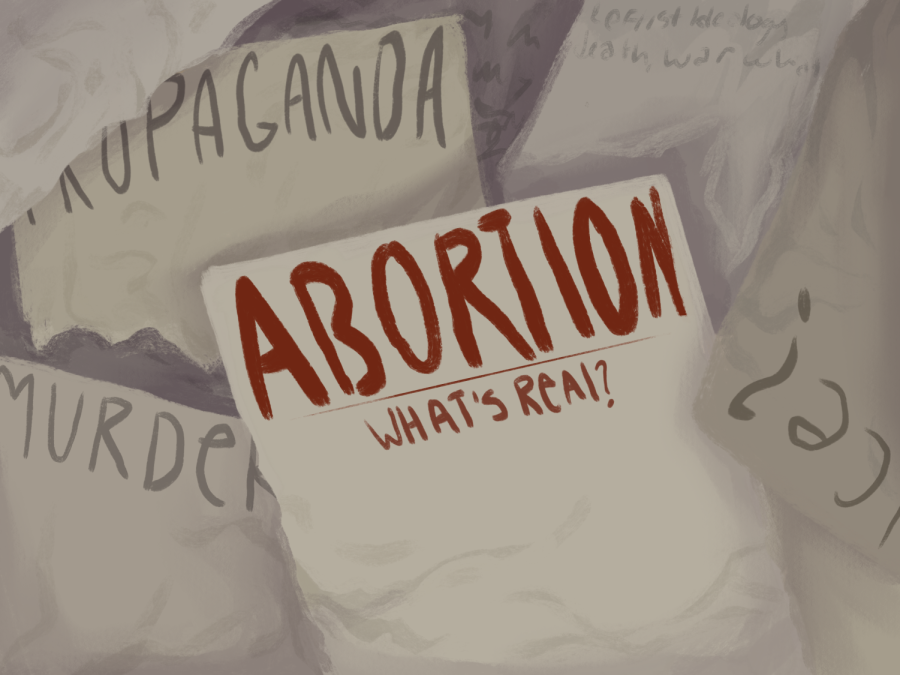
With the last hour of his life fading before his eyes, Hank Skinner sat outside of the Texas Death chamber eating the meal he thought would be his last.
Miraculously, although 10 years too late, the court justices of his case made a last minute decision to allow him DNA testing as evidence of his innocence.
In addition to the cruel psychological torment of making a man foresee his own death, the judiciary system has made Skinner decay in prison and wither in courtrooms for 20 years before finally allowing him fair DNA testing beginning this week, with which has flowed increasing evidence for his innocence. A court system which toys with the lives of men is not a system which enacts justice.
Beyond the hypocrisy, expense, and commonality of exonerating prisoners on death row, capital punishment is simply not justice.
It is blatantly clear that killing others (at least cold-blooded) is immoral, hence thousands of years of law, the Ten Commandments, morality, etc. However the question then arises, why does our justice system enact the killing of men (guilty men, no less), when it is the very crime they condone?
Think about it logically; a serial killer is convicted for his heinous crimes, and the verdict of his trial is to face capital punishment. He killed people, therefore we are going to kill him in order to make a statement that killing is wrong. What kind of paradoxical image are we portraying here? By punishing killing with killing, death with death, we become the very thing we are against.
Even from a practical standpoint, the death penalty costs multitudes more than its even worth. The legal costs of the state, due to constant repeals, add up to an average price of $2.16 million (per execution) more than it would cost to imprison the convict for life, not to mention the copious amounts of time wasted, with the average time between conviction and execution in California being 25 years, an outrageous number to say the least.
Yet perhaps most disturbing is the frequency of judicial error in administering the highest punishment.
According to CBS News, “…since the advent of DNA evidence, 17 prisoners on death row had been found innocent and released,” and a total of 140 people have been exonerated since 1973.
One of the men absolved of his punishment thanks to DNA testing, is Kirk Bloodsworth. Bloodsworth, a former marine without any criminal record was arrested after his neighbor called the police on him, believing he looked like the police sketch of a murderer. After taking a mere two-and-a-half hours to reach a life changing verdict, the jury convicted him and sentenced him to death.
Upon enduring nine years in brutal prisons for no just cause, Bloodsworth was offered nothing but perhaps an apology. It is for this miscalculated injustice which Bloodsworth rallies for the abolition of capital punishment today, hoping to prevent the futile suffering he experienced from being inflicted upon anyone else.
However, this seems to be an uphill battle, seeing that only a year ago two convicts were exonerated from death row in Louisiana.
This is inexcusable. We owe it to the many men like Bloodsworth to help put a stop to the inequitable and tyrannical death sentence.
And so with the overwhelmingly apparent flaws of capital punishment why is it that 60 percent of Americans approve of it?
The most common answer is that people think the convict simply deserves it.
As New York Law School professor Robert Blecker puts it, “some people deserve to die, and we have an obligation to kill them.” Since the alternative to the death penalty is life imprisonment without the possibility of parole, ensuring the murderer would never kill again, the root of this argument is, simply put, revenge.
I can understand why any family member or person affected by the tragedy of a victim’s death would naturally want the murderer to pay with his life. I cannot say that I wouldn’t feel the same way given the circumstances.
But to act on these feelings is entirely different, especially when it is the court which sentences on vengeance. To refrain from using the cliché (yet very true) words of Ghandi, I will say that by enacting revenge we only lower ourselves to the level of the murderer and further propel the human loss and suffering.
Even if acting with the aim of revenge, one would inflict much more anguish on a person by condemning them to life in a decrepit prison cell than they would putting them out of their misery by an instant lethal injection.
So instead of asking why we should abolish the vengeful and primitive act of capital punishment, one should really ask, what reasons do we have to keep it?















Laura Barber from Australia • Oct 22, 2013 at 7:56 pm
wow we dont have this is australia